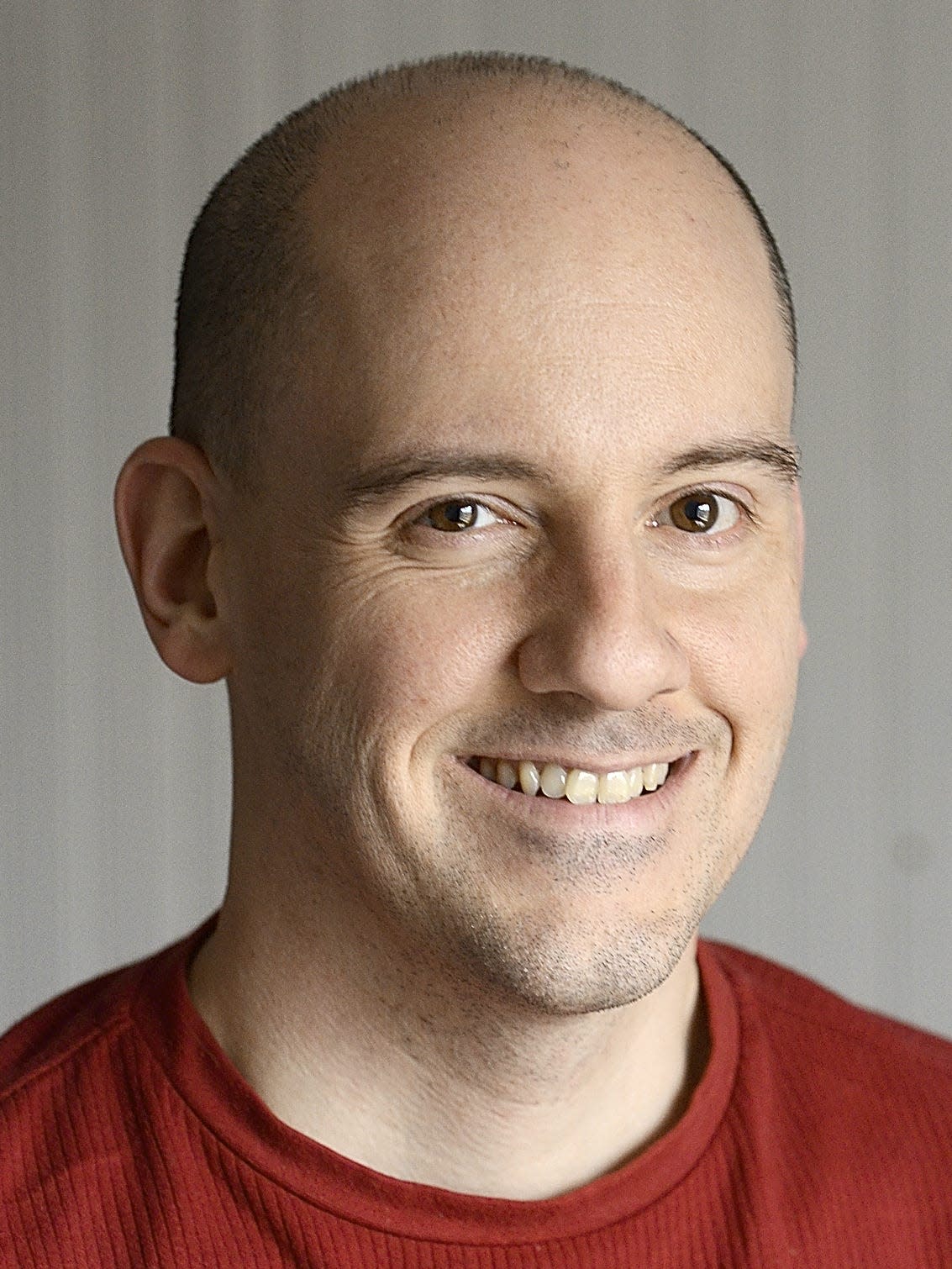Chris Schillig: Supreme Court rules against common-sense mandate

It’s a shame the Supreme Court blocked President Biden's vaccine mandate for companies with more than 100 employees.
The mandate gave the Occupational Safety and Health Administration authority to require vaccines for some 84 million American workers. It would have made the nation healthier and saved lives. Additionally, it would have provided a cover story for employees who fell under its auspices: They could have received the vaccine and still maintained their street-cred as conservatives.
Because after the obligatory griping about government overreach, tracking chips and other unfounded foolishness, most workers would have rolled up their sleeves and taken the jab.
Americans saw evidence of this last year when United Airlines required employees to get vaccinated. Despite complaints by a vocal minority, 96 percent of the airline’s employees were vaccinated by the fall.
Significantly, as of Jan. 11, United reported it had gone eight weeks without a single employee death from COVID. While 3,000 of the airline’s workers tested positive for COVID last week, none had been hospitalized.
This is a strong indication the vaccines are protecting people from the most adverse effects of the virus.
I wonder how many United employees and their families were secretly relieved when the company required the vaccine. The decision saved them from publicly backtracking, something many people are reluctant to do, and still offered them protection. It reminds me of a colleague’s teenage son. He was willing to receive the vaccine but begged his parents not to tell anybody. He didn’t want to be identified as a liberal.
Under the now-blocked Biden mandate, workers who refuse the vaccine would have to wear a mask — something both the vaccinated and the unvaccinated should be doing in public during times of high transmission, anyway — and get tested regularly.
Most of the holdouts would have been driven to the needle by the sheer inconvenience of these alternatives. Again, a win for short- and long-term health.
At least the court upheld Biden’s mandate for healthcare workers. When working with vulnerable populations in hospitals, nursing homes and clinics, workers should be vaccinated.
Individual companies can still mandate vaccines, of course, but few will without federal support. Starbucks, for example, scrapped its vaccine requirement after the high court’s decision.
Balancing personal freedoms with public welfare is a tricky business. Many medical professionals and average Americans disagree with the ruling, on these grounds: If COVID weren’t contagious, if it weren’t contributing to significant strain on our hospital systems and making it harder for people to get treatment for other conditions, then workers could decide if they should get the vaccine. When only your health is affected, you can make whatever decisions are best for you.
But the virus is contagious and does affect all Americans. The Supreme Court ruled to hobble a response to help end this health crisis sooner.
The mandate would have made workplaces safer, which is OSHA’s main purpose. As a byproduct, it would have made customers safer too, ensuring more of them would be around to keep the economy humming, which is a major conservative tenet.
It’s ironic, then, that the court’s conservative majority is what stood in the mandate’s way.
Reach Chris at chris.schillig@yahoo.com. On Twitter: @cschillig.
This article originally appeared on The Alliance Review: Chris Schillig: Supreme Court rules against common-sense mandate

